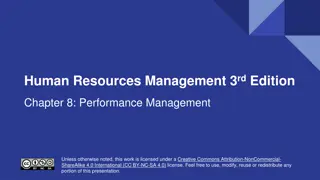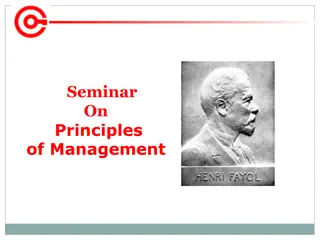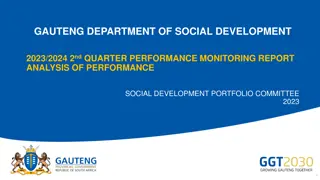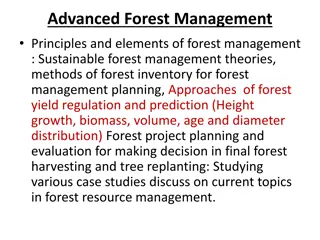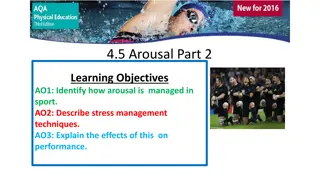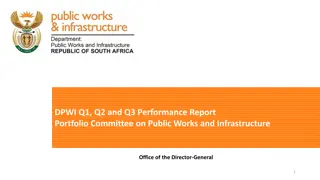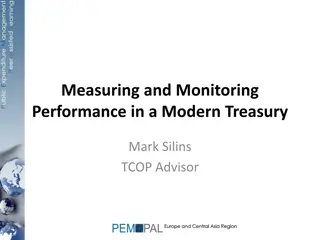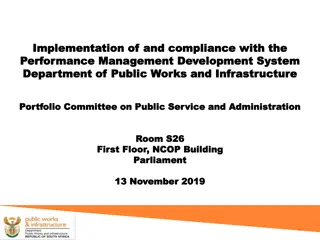
Effective Performance Management Principles and Process Insights
Learn about the principles and steps of effective performance management, the importance of employee engagement, and the consequences of a poorly structured process. Engage employees, provide feedback, and align performance with organizational success for optimal results.
Download Presentation

Please find below an Image/Link to download the presentation.
The content on the website is provided AS IS for your information and personal use only. It may not be sold, licensed, or shared on other websites without obtaining consent from the author. If you encounter any issues during the download, it is possible that the publisher has removed the file from their server.
You are allowed to download the files provided on this website for personal or commercial use, subject to the condition that they are used lawfully. All files are the property of their respective owners.
The content on the website is provided AS IS for your information and personal use only. It may not be sold, licensed, or shared on other websites without obtaining consent from the author.
E N D
Presentation Transcript
PRINCIPLES OF EFFECTIVE PERFORMANCE MANAGEMENT
REVIEW: WHAT IS ENGAGEMENT? Engagement is the process of leading people by enabling them to want to do whatever is necessary to ensure the continuous high performance and success of the organization. Scarlett Surveys International
STEPS OF THE PERFORMANCE MANAGEMENT PROCESS:
PRINCIPLES FOR SUCCESS: 1. Connect performance management with position descriptions 2. Treat performance management like a daily, not annual, responsibility 3. Engage employees in the process 4. Help employees understand their connection to the bigger picture 5. Provide honest and constructive feedback to employees Bottom Line NO SURPRISES!!
CONSEQUENCES OF A POORLY STRUCTURED PROCESS: Inconsistent evaluation criteria and rewards Leads to mistrust, low productivity, and higher attrition. Morale will suffer and good employees will leave (mentally and/or physically). Lack of documentation and accountability will negatively affect employee engagement.




